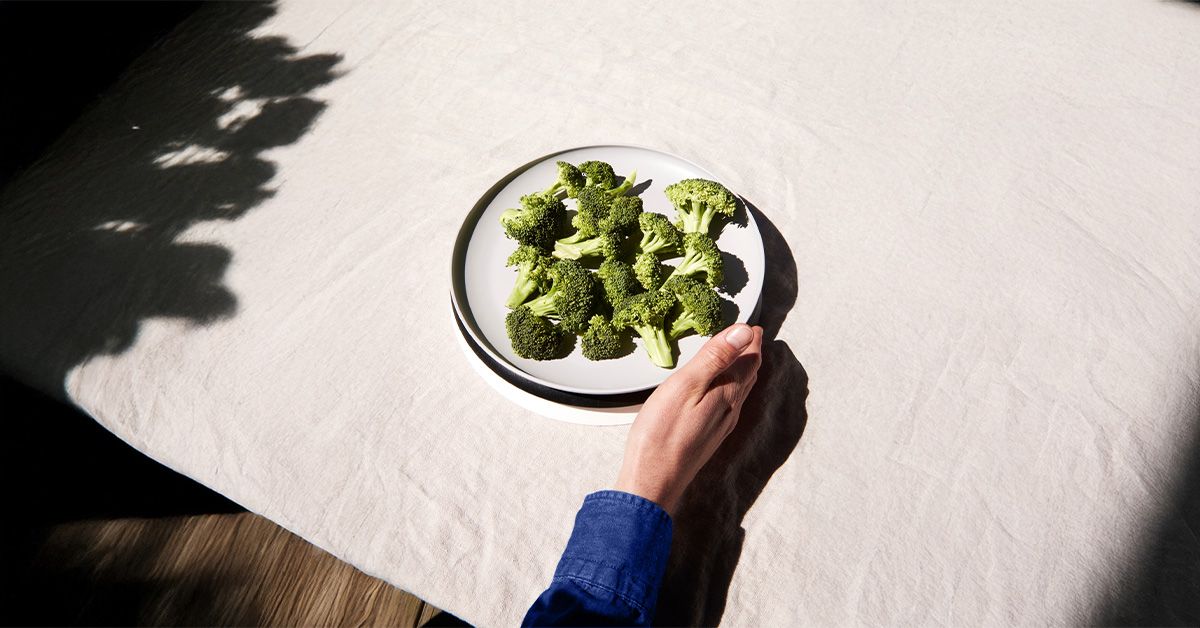Cruciferous Vegetables: A Crucial Ally Against Colon Cancer
In recent years, colon cancer has emerged as a silent epidemic, particularly among individuals under the age of 50, prompting an urgent need for preventive measures. As alarming statistics surface—indicating that colorectal cancer is now the third most common cancer globally—medical professionals are turning their attention to what we eat. A newfound spotlight shines on cruciferous vegetables, such as broccoli, kale, and cauliflower, which may offer a natural defense against this insidious disease.
The Context of Rising Risk
Diagnoses of colon cancer in younger populations have surged, leading researchers to investigate potential causes. A multifaceted approach reveals a combination of dietary habits, lifestyle choices, and environmental factors at play. Dr. Nilesh Vora, a board-certified hematologist and medical oncologist, suggests that dietary patterns, especially those high in processed foods, contribute significantly to this troubling trend. “The increase we are witnessing, particularly among younger individuals, is perplexing. Environmental factors, especially diet, seem to play a pivotal role,” he explains.
A recent study, analyzing data from 17 different studies involving over 97,000 participants, aimed to explore the connection between cruciferous vegetable consumption and colon cancer risk. The culmination of this research revealed that individuals who consumed between 20 to 40 grams of these vegetables daily experienced a 20% reduction in their risk of developing colon cancer. Such findings set the stage for a compelling public health conversation about the role of nutrition in cancer prevention.
Understand the Benefits of Cruciferous Vegetables
Past research underscores the presence of powerful compounds in these vegetables, such as sulforaphane and indoles, believed to combat cancer. They are rich in glucosinolates, which have shown potential to protect cells from damage. Monique Richard, a registered dietitian nutritionist, asserts, “These compounds are not just a nutritional bonus; they may have profound implications for cancer protection and overall health.”
With a surge in interest surrounding dietary choices and their implications for health, here are some recommended ways to incorporate more cruciferous vegetables into daily meals:
- Start Small: Aim for 2 servings a day. A cup of cabbage slaw with lunch and a half-cup of cooked broccoli with dinner is an excellent starting point.
- Chop, Sit, Steam: Chopping vegetables like broccoli or cauliflower ahead of cooking can activate beneficial compounds while reducing pungency.
- Roasting Variation: Break up cauliflower or broccoli, drizzle with olive oil and garlic, then roast for a sweet, crispy texture.
- Add Flavor: Enhance the taste of Brussels sprouts or cabbage by integrating mustard seeds or soy sauce for an Asian flair.
- Creative Smoothies: Blend raw kale or arugula into smoothies for an easy health boost.
Richard also highlights diverse cooking methods that can enhance the palatability of cruciferous vegetables, making them more appealing to those who may be averse to their robust flavors.
A Call for Further Research
While the findings from the recent study are promising, Dr. Vora emphasizes the necessity for further validation. “More research is needed to corroborate these promising results, as the implications could alter our understanding of colon cancer prevention strategies,” he states.
Given that colon cancer prevention is not as simple as taking a pill, nutrition presents a proactive avenue for individuals looking to mitigate their risk. “What you put on your plate can make a fundamental difference,” says Richard. “Utilizing fresh produce from local farms or markets is key to enhancing our diets in a health-positive way.” This reinforces the importance of integrating foods like broccoli, kale, and cauliflower into our daily lives, especially as part of larger lifestyle shifts toward healthier eating habits.
The discussion surrounding cruciferous vegetables is not merely about nutritional benefits—it intersects with larger public health conversations about diet, cancer prevention, and the shifting dynamics of modern food consumption. As attention turns toward this vital area of study, those seeking to enhance their health must embrace the myriad of flavors and possibilities that fruits and vegetables have to offer.
Ultimately, the narrative surrounding colon cancer and dietary choices offers hope and actionable strategies. As more individuals recognize the power of nutrition, the hope is that the alarming trends in colon cancer diagnoses can be reversed, one plate of broccoli at a time.
Source: www.medicalnewstoday.com


